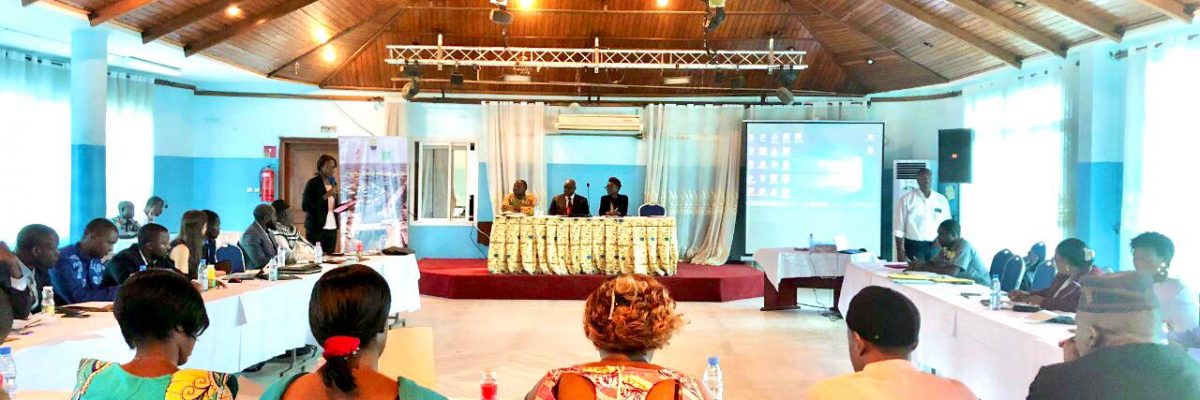Participatory approach to research-policy-civil society intersectoral partnerships that identify key urban challenges and solutions in Douala, Cameroon
For the attention of: Urban planners and human settlement policymakers; health policymakers; urban practitioners
The problem: Sub-Saharan African cities are experiencing rapid growth with proliferation of informal settlements characterised by poverty, overcrowding, and poor living conditions. Consequentially, informal settlements have a high disease burden, yet health considerations are seldom included in planning policies often due to the siloed, vertical nature of governments.
Collaboration between health and planning sectors is needed, however practical models and approaches to initiate, facilitate and sustain collaboration are not well documented.
What we did: To address this knowledge gap, we utilised a participatory approach, engaging a variety of government, academic and civil-society stakeholders from different disciplines in the co-design and conduct of a workshop to explore stakeholder perspectives on urban health priorities in Douala municipalities and experiences of working across disciplines and government sectors. We evaluated the process of co-designing the interdisciplinary workshop and identified the importance of interdisciplinary knowledge sharing between academic and non-academic stakeholders.
What our study adds: This study has five distinct outcomes for this issue:
- A methodological approach for conducting transdisciplinary research
- A participatory approach for initiating cross-sector engagements both within and between academia, government, practitioners, and civil society
- A critical reflection on barriers to collaboration between sectors or fields, and examples of strategies to overcome these barriers
- Contributes to the evidence base required to inform contextually-relevant models that aim to improve integrated urban governance
- Contributes knowledge on urban health challenges within the African context of Douala in Cameroon
Implications for city policy and practice: Our study provides a practical model that can assist policy makers and implementors in initiating, facilitating and sustaining stakeholder engagements and partnerships between government sectors, civil society and academia for addressing identified societal challenges. More specifically, it explores stakeholders’ experiences and perspectives on working across sectors for a common purpose, and provides possible strategies for overcoming barriers to working with other sectors.
Links to other resources and support:
ISC: Increasing the production of high-quality, integrated (inter- and transdisciplinary), solutions-oriented research on global sustainability by early career scientists in Africa. Leading Integrated Research for Agenda 2030 in Africa research programme
PEAK Urban: Seeking to produce and explore groundbreaking research on the greatest issues facing the contemporary city. PEAK Urban
Full research article: Developing a participatory approach to building a coalition of transdisciplinary actors for healthy urban planning in African cities – a case study of Douala, Cameroon
Authors: Amy Weimann (@amy_weimann), Blaise Nguendo-Yongsi, Christopher Foka, Uilrich Waffo, Pamela Carbajal (@pamela_carbajal), Remy Sietchiping, Tolu Oni (@drtolullah)
Editor: Marcus Grant




